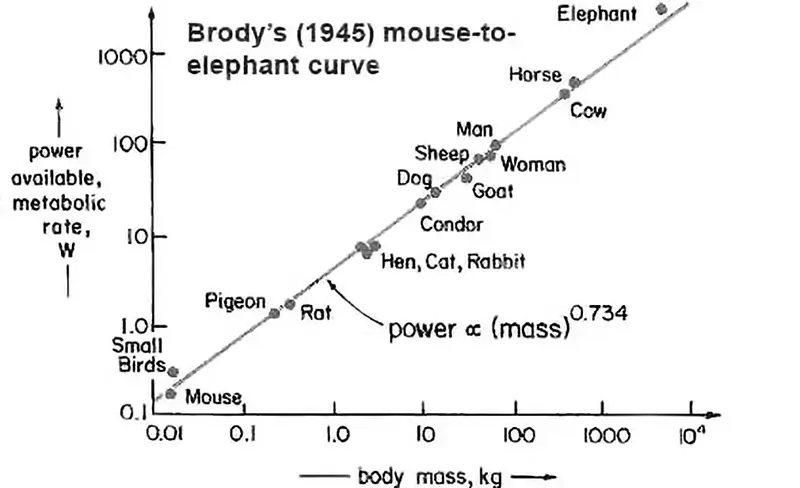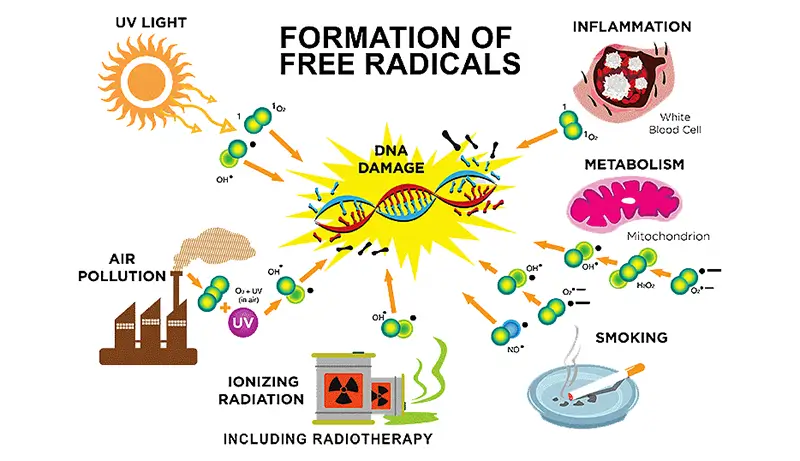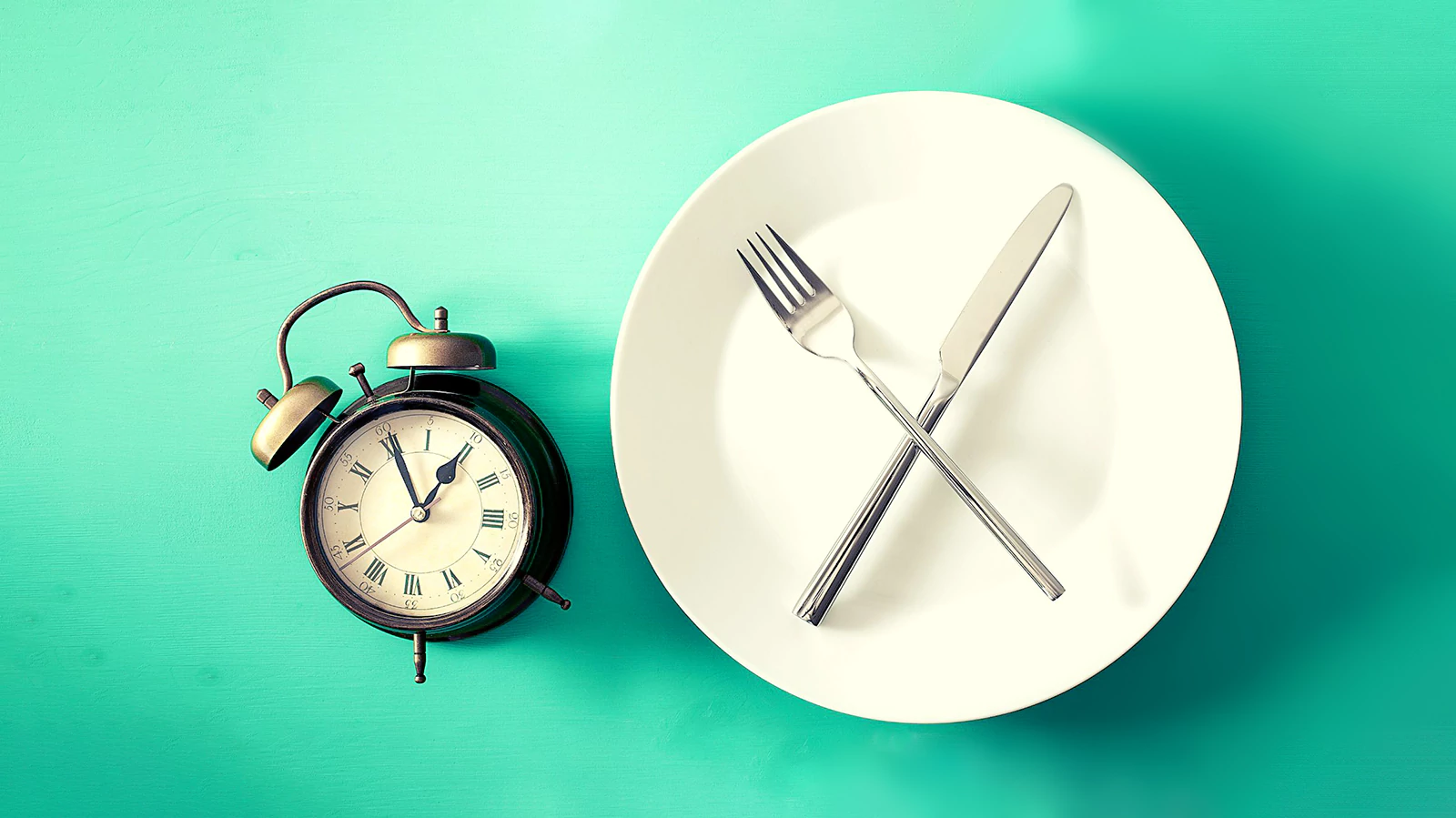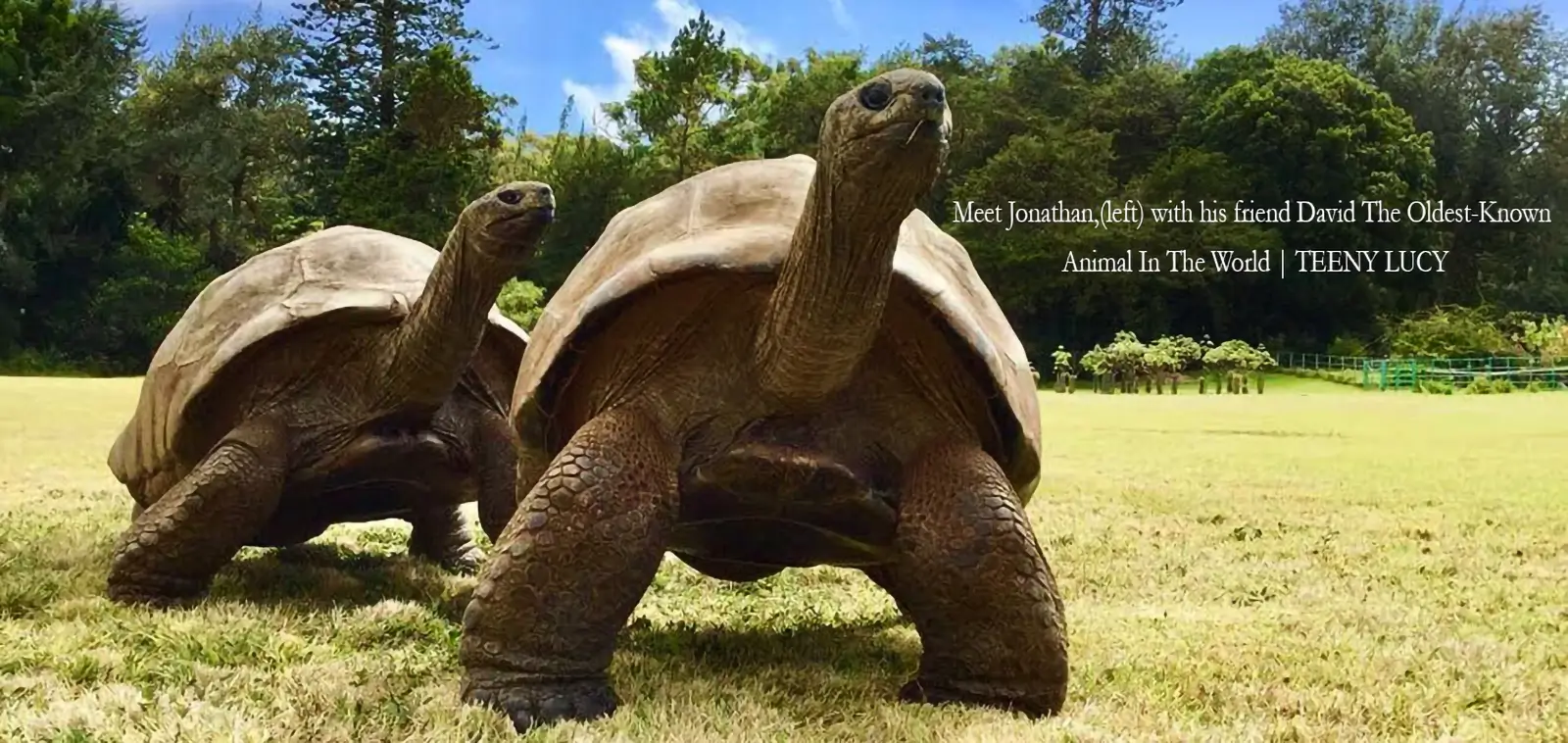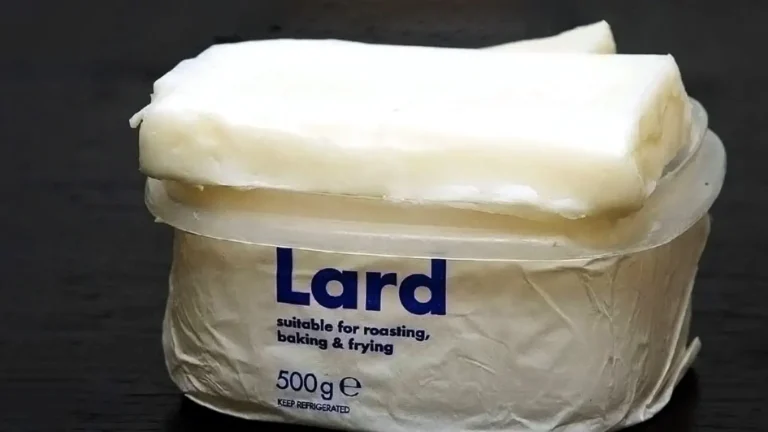Intermittent Fasting vs Calorie Restriction- Is there a difference?
There is a form of diet that is primarily designed for utilizing autophagy called intermittent fasting. To do a full-calorie restriction diet is a hard choice.
Milos Pokimica
Written By: Milos Pokimica
Medically Reviewed by: Dr. Xiùying Wáng, M.D.
Updated June 9, 2023There is a form of diet that is not related to weight loss primarily. Even some bodybuilders appear to try it. It is a diet primarily designed for utilizing autophagy called intermittent fasting.
What they try to do is to limit the intake of calories by 4 to 8 hours a day. So the rest of the time there will be fasting to tap into this mode of healing. However, there will not cut on the calories they will be just consuming them for a restricted period.
Some studies show that this too can have beneficial effects. There is truth in the statement that meal frequency is not nearly as important as the quantity and quality of food consumed. Thus logically if we still eat all of our calories in the period of 4 hours and are active the rest of the time, it is still unlikely that we will burn all of our glycogen stores because we replenish them every day.
In that sense, intermitting fasting would not be able to tap into the same healing mechanism at the level of calorie restriction. If we eat less and go into calorie restriction, it does not matter because we will be in deficit no matter when we eat. It will be a good idea to put exercise on a regimen of intermittent fasting just before the end of the fast, to deplete the glycogen stores, or we can combine all three methods. Calorie restriction with intermittent fasting with physical activity.
To go around this, there is Alternate day fasting (ADF). It involves a 24-hour fast followed by a 24-hour non-fasting period. Then there are whole-day fasting cycles that specify various ratios of fasting to non-fasting days, such as the 5:2 diet. You eat for five days, then fast on water or vegetable juices for two. So far studies done on animal models have shown that fasting improves indicators of health like blood pressure, insulin sensitivity, and inflammation.
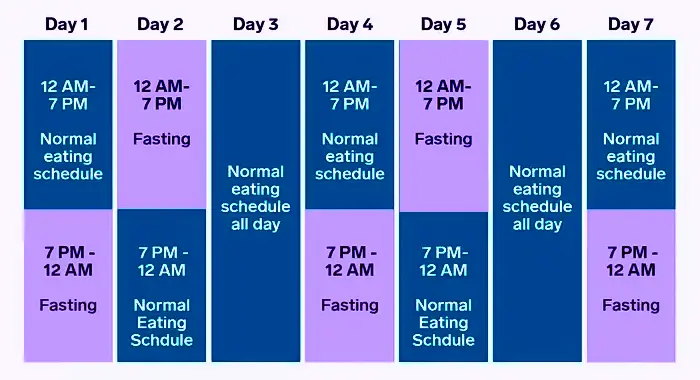
Intermittent fasting in my personal view started as a convenient way to do a calorie-restricted diet. To do a full-calorie restriction diet is a hard choice. Most of the population will not do it. The intermittent fasting line is to go and fast 1 or 2 days a week and clean our cells, reset our metabolism to take control of our hunger cravings, and so on. That will help our body to go into autophagy and high HGH levels and will start the healing mechanisms.
However, there is another essential benefit of calorie restriction, and that is lowering the basal metabolic rate. If we have a car with a million horsepower, it will burn a gallon of fuel in a millisecond, but if we have a car that runs on one horsepower, it will go much longer. It is called efficiency. When you force yourself to become more efficient in burning energy you go longer.
Calorie restriction is not calorie restriction our entire life. It is the only restriction in the beginning period. Our physiology will adapt to hunger to some extent by becoming more efficient with the calories that it has. Basal metabolic rate has the ability to slow down, but only to some extent. Our body will enter the starvation response and will go through the physiological changes that reduce metabolism in response to a lacking of food. The human body has some level of ability to adapt and structure itself known as deprivation response (i.e., metabolic adaptation).
There was a study done on eight individuals living in isolation in Biosphere 2. Biosphere 2 is an Earth Systems science research facility located in Oracle, Arizona. It was initially designed to determine the viability of closed ecological systems to support human life in outer space. The first experiment was conducted on eight individuals for two years. After the experiment was finished, the metabolic rate of these eight isolated individuals was measured and compared with a control group that initially had similar physical characteristics. The starvation response managed to reduce the metabolic rate by 180 kcal on average in daily total energy expenditure.
If you eat regularly 2000 calories and you start to restrict the calories your metabolism slows down to 1800 calories on average. Then when you came back to eat these 1800 calories, it is not a restriction anymore. It is in a sense because you are at an artificially lowered metabolic rate so if you start overeating again your basal metabolic rate will go up, but if you stay at this level you will not starve and die. You can live in this new state. People have this kind of idea about the calorie restriction diet that you are restricted continuously. In a sense, you are because you operate at a lower metabolic rate, but you are not in the physical sense or you will eventually die. And that is the reason why calorie restriction prolongs life.
Slowing down metabolism means prolonging life through efficiency. Burning fuel means stress in the form of oxidative damage to the DNA that needs to be repaired.
Can you gain muscle on caloric restriction? Probably just some level of body recomposition. If you have some kilograms to lose then lowering by 400 calories can increase muscle and lower fat deposits at the same time if you do resistance training. But if you are already calorie-restricted at the optimal level then no, your body has already lowered your metabolism as much as it can. There is a calorie in calorie out equation based on the first law of thermodynamics. It might be possible on intermittent fasting cycles. Five days of resistance training than two days of aerobic training plus fasting.
One other thing. When we start building muscle our metabolism can slow down if we do not increase calories, it will adapt to some extent. We do not need to start overeating excessively just because we go to the gym. That will give you dirty bulk. One hundred grams of flesh have around 25 grams of protein and 150 calories, and you cannot grow at the rate of 100 grams of muscle mass a day. In my opinion, when we start resistance training, it would be wise to raise calorie consumption at the level of what is burned during the exercise plus a little more, at the top 200 calories more than that. Raising it higher is excess that goes into adipose tissue, basically the waste of energy that has to be burned at some point. Overeating with the excuse:” I go to the gym”, is not a good idea.
Conclusion:
- Without any pharmacological intervention, CR improves metabolic parameters, which will benefit especially pre-diabetic and insulin-resistant patients. Also increases longevity.
- IF without calorie restriction can improve health and cellular resistance to disease especially cancer, diabetes, and other DNA damage-induced conditions same as CR but without causing weight loss. This might be beneficial for individuals that want to preserve muscle mass.
The best option would be and you can do this also to combine both at the same time. If you want to go on a diet my recommendation is not just to cut calories but to limit the time period as well. This is what I do. In the obesity epidemic, if you do not incorporate these techniques into a regular regimen of life, the health risk correlations can have serious consequences.
References:
Passages selected from a book: Pokimica, Milos. Go Vegan? Review of Science Part 1. Kindle ed., Amazon, 2018.
- Mattson, Mark P et al. “Impact of intermittent fasting on health and disease processes.” Ageing research reviews vol. 39 (2017): 46-58. doi:10.1016/j.arr.2016.10.005
- Barnosky, Adrienne R et al. “Intermittent fasting vs daily calorie restriction for type 2 diabetes prevention: a review of human findings.” Translational research : the journal of laboratory and clinical medicine vol. 164,4 (2014): 302-11. doi:10.1016/j.trsl.2014.05.013
- Liu, Kai, et al. “Intermittent Fasting: What Questions Should We Be Asking?” Physiology & Behavior, vol. 218, Elsevier BV, May 2020, p. 112827. https://doi.org/10.1016/j.physbeh.2020.112827.
- Razavi, Roghaye et al. “The alternate-day fasting diet is a more effective approach than a calorie restriction diet on weight loss and hs-CRP levels.” International journal for vitamin and nutrition research. Internationale Zeitschrift fur Vitamin- und Ernahrungsforschung. Journal international de vitaminologie et de nutrition vol. 91,3-4 (2021): 242-250. doi:10.1024/0300-9831/a000623
- Aksungar, F B et al. “Comparison of Intermittent Fasting Versus Caloric Restriction in Obese Subjects: A Two Year Follow-Up.” The journal of nutrition, health & aging vol. 21,6 (2017): 681-685. doi:10.1007/s12603-016-0786-y
Related Posts
Do you have any questions about nutrition and health?
I would love to hear from you and answer them in my next post. I appreciate your input and opinion and I look forward to hearing from you soon. I also invite you to follow us on Facebook, Instagram, and Pinterest for more diet, nutrition, and health content. You can leave a comment there and connect with other health enthusiasts, share your tips and experiences, and get support and encouragement from our team and community.
I hope that this post was informative and enjoyable for you and that you are prepared to apply the insights you learned. If you found this post helpful, please share it with your friends and family who might also benefit from it. You never know who might need some guidance and support on their health journey.
– You Might Also Like –

Learn About Nutrition
Milos Pokimica is a doctor of natural medicine, clinical nutritionist, medical health and nutrition writer, and nutritional science advisor. Author of the book series Go Vegan? Review of Science, he also operates the natural health website GoVeganWay.com
Medical Disclaimer
GoVeganWay.com brings you reviews of the latest nutrition and health-related research. The information provided represents the personal opinion of the author and is not intended nor implied to be a substitute for professional medical advice, diagnosis, or treatment. The information provided is for informational purposes only and is not intended to serve as a substitute for the consultation, diagnosis, and/or medical treatment of a qualified physician or healthcare provider.NEVER DISREGARD PROFESSIONAL MEDICAL ADVICE OR DELAY SEEKING MEDICAL TREATMENT BECAUSE OF SOMETHING YOU HAVE READ ON OR ACCESSED THROUGH GoVeganWay.com
NEVER APPLY ANY LIFESTYLE CHANGES OR ANY CHANGES AT ALL AS A CONSEQUENCE OF SOMETHING YOU HAVE READ IN GoVeganWay.com BEFORE CONSULTING LICENCED MEDICAL PRACTITIONER.
In the event of a medical emergency, call a doctor or 911 immediately. GoVeganWay.com does not recommend or endorse any specific groups, organizations, tests, physicians, products, procedures, opinions, or other information that may be mentioned inside.
Editor Picks –
Milos Pokimica is a doctor of natural medicine, clinical nutritionist, medical health and nutrition writer, and nutritional science advisor. Author of the book series Go Vegan? Review of Science, he also operates the natural health website GoVeganWay.com
Latest Articles –
Plant Based News
-
Vegan Baked Shakshuka With Butter Beans
on June 23, 2025
-
Lidl Introduces High-Protein Vegan Pudding Pots In Three Flavors
on June 23, 2025
-
Cynthia Erivo Discusses The ‘New Wave’ Of Vegan Food
on June 23, 2025
-
The Ultimate 5-Step Plan To Go Vegan Overnight
on June 23, 2025
-
10 Vegan Lentil Dishes To Make In Summer
on June 23, 2025
-
Vegan in Paris: Is It Really That Hard? A Food Vlog Breakdown
on June 22, 2025
-
‘Biggest-Ever’ Exhibition On The History Of Veganism Opens In The UK
on June 22, 2025
Top Health News — ScienceDaily
- From cursed tomb fungus to cancer cure: Aspergillus flavus yields potent new drugon June 23, 2025
In a remarkable twist of science, researchers have transformed a fungus long associated with death into a potential weapon against cancer. Found in tombs like that of King Tut, Aspergillus flavus was once feared for its deadly spores. Now, scientists at Penn and several partner institutions have extracted a new class of molecules from it—called asperigimycins—that show powerful effects against leukemia cells. These compounds, part of a rare group known as fungal RiPPs, were bioengineered […]
- Affordances in the brain: The human superpower AI hasn’t masteredon June 23, 2025
Scientists at the University of Amsterdam discovered that our brains automatically understand how we can move through different environments—whether it’s swimming in a lake or walking a path—without conscious thought. These “action possibilities,” or affordances, light up specific brain regions independently of what’s visually present. In contrast, AI models like ChatGPT still struggle with these intuitive judgments, missing the physical context that humans naturally grasp.
- The common blood test that predicts how fast Alzheimer’s hitson June 23, 2025
A simple blood test could reveal which early Alzheimer’s patients are most at risk for rapid decline. Researchers found that people with high insulin resistance—measured by the TyG index—were four times more likely to experience faster cognitive deterioration. The study highlights a major opportunity: a common lab value already available in hospitals could help guide personalized treatment strategies. This discovery also uncovers a unique vulnerability in Alzheimer’s disease to […]
- Superbugs in your shrimp: Deadly colistin-resistance genes ride on imported seafoodon June 22, 2025
Colistin, a last-resort antibiotic, is losing its power due to rising resistance—and the culprits might be hiding in your seafood dinner. A University of Georgia research team discovered colistin-resistance genes in bacteria found in imported shrimp and scallops from markets in Atlanta. These genes can hop between bacteria via plasmids, potentially turning once-curable infections into deadly threats.
- HIV is surging in over-50s—But campaigns still target the youngon June 22, 2025
HIV is surging among adults over 50 in sub-Saharan Africa, yet prevention and treatment campaigns still focus mainly on the young. New research reveals older adults face comparable or higher infection rates but remain largely invisible in HIV studies, which hampers progress toward global health goals. Persistent stigma, outdated perceptions, and limited education or access in rural areas worsen the situation, especially for older women.
- Zapping aging cells: The fast, label-free test that could transform researchon June 22, 2025
Scientists in Tokyo have developed a groundbreaking, label-free method to identify aging human cells using electric fields. This new technique avoids the downsides of chemical tagging, which can distort results and slow research. By analyzing how cells move under alternating electric fields, the researchers found they could accurately detect senescent skin cells based on their electrical properties. The approach is fast, non-invasive, and could transform how we study aging and age-related […]
- FDA under fire: Data discrepancies uncovered in AstraZeneca approval trialson June 22, 2025
Fresh concerns have emerged about the platelet studies underpinning the FDA approval of ticagrelor, AstraZeneca’s multibillion-dollar heart drug. A new BMJ investigation reveals data discrepancies, missing lab readings, and questions about the integrity of the trial process. Notably, key results reported in a major cardiology journal were inaccurately presented, and some study contributors were omitted or denied involvement. With generics on the horizon, critics say these revelations highlight […]
PubMed, #vegan-diet –
- Planting Rights and Feeding Freedom: Navigating the Right to a Vegan Diet in Hospitals and Prisonson June 20, 2025
The legal recognition of veganism highlights the evolving landscape of dietary choices and their status under human rights law. This paper examines the legal status of vegan diets under the European Convention on Human Rights (ECHR), focusing on public institutions such as prisons and hospitals. By analyzing the first relevant cases before the European Court of Human Rights, it explores the protection of vegan diets under Articles 9 (freedom of thought, conscience, and religion) and 14…
- Dietary pattern and nutritional assessment in a cohort of mothers identified by neonatal screening for cobalamin deficiency in offspring: an Italian single center experienceon June 19, 2025
During pregnancy, nutrient requirements increase while deficiencies can significantly affect pregnancy outcomes. Deficiencies may result from inadequate dietary intake, impaired absorption, or restrictive diets. This study aimed to retrospectively assess the nutritional status and dietary intakes in a cohort of mothers whose newborns were identified with vitamin B12 deficiency of maternal origin through Newborn Screening. Between 2021 and 2024, 107 newborn-mother dyads with altered biomarkers […]
- Intermittent fasting strategies and their effects on body weight and other cardiometabolic risk factors: systematic review and network meta-analysis of randomised clinical trialson June 18, 2025
CONCLUSIONS: Minor differences were noted between some intermittent fasting diets and continuous energy restriction, with some benefit of weight loss with alternate day fasting in shorter duration trials. The current evidence provides some indication that intermittent fasting diets have similar benefits to continuous energy restriction for weight loss and cardiometabolic risk factors. Longer duration trials are needed to further substantiate these findings.
- Plant-Based Diet and Risk of Iron-deficiency Anemia. A Review of the Current Evidence and Implications for Preventive Strategieson June 17, 2025
PURPOSE OF REVIEW: This review provides a comprehensive overview of iron metabolism, emphasizing the influence of dietary patterns-particularly vegetarian and vegan diets-on iron status and associated health outcomes.
- Protein Intake and Protein Quality Patterns in New Zealand Vegan Diets: An Observational Analysis Using Dynamic Time Warpingon June 13, 2025
Background/Objectives: Inadequate intake of indispensable amino acids (IAAs) is a significant challenge in vegan diets. Since IAAs are not produced or stored over long durations in the human body, regular and balanced dietary protein consumption throughout the day is essential for metabolic function. The objective of this study is to investigate the variation in protein and IAA intake across 24 h among New Zealand vegans with time-series clustering, using Dynamic Time Warping (DTW). Methods:…
Random Posts –
Featured Posts –

Latest from PubMed, #plant-based diet –
- Childhood mercury exposure and early death in Grassy Narrows First Nation, Canada: a retrospective studyby Donna Mergler on June 22, 2025
CONCLUSIONS: Early mortality in Grassy Narrows First Nation is higher than other First Nations and the non-Indigenous populations in Canada. Convergent findings from different approaches and statistical techniques support an association between childhood Hg exposure and early death. Morbidity and mortality in this community require follow-up.
- Understanding the intention-behaviour gap in meat reduction: The role of cognitive dissonance in dietary changeby David Fechner on June 21, 2025
Transitioning to a plant-dominant food system is crucial for mitigating climate change, improving public health, and reducing animal suffering. However, despite growing awareness of these benefits, meat consumption remains high in most developed countries, and many individuals who intend to reduce their meat intake struggle to follow through. This longitudinal study, grounded in the transtheoretical model of change and cognitive dissonance theory, examines the psychological mechanisms […]
- Optimal intake of animal-source foods: a scoping review to inform a new WHO guidelineby Magali Rios-Leyvraz on June 20, 2025
CONCLUSION: This scoping review offers a comprehensive overview of existing evidence on animal-source foods and health outcomes and identifies key research gaps to support the development of new nutrition guidelines.
- Specialist Savvy Versus Generalist Grit: Elucidating the Trade-Offs in Adaptive Dietary Ecomorphology Amongst African Green and Bush Snakesby Hanlie M Engelbrecht on June 19, 2025
Kinetic feeding bones of macrostomatan Afrophidian snakes enable them to consume diverse prey types. While significant research has focused on functional feeding morphology in snakes, it often emphasizes broad taxonomic comparisons or species with distinct dietary ecologies. There is limited knowledge of how small variations in prey type composition may influence feeding morphology among closely related species sharing similar ecological niches. African Green and Bush Snakes (Philothamnus) […]
- Chia (Salvia hispanica L.) Seed Oil Supplementation to the Diet: Effects on in Vitro Rumen Fermentation Characteristics and Lipid Biohydrogenationby Selma Büyükkılıç Beyzi on June 19, 2025
The study investigated the effects of chia seed oil supplementation on the diet with different levels of in vitro ruminal biohydrogenation and fermentation. The treatment groups were control (no additional oil) or the addition of 10, 20 and 30 g/kg of chia seed oil in the diet as DM based. The treatment groups were incubated using a batch culture technique, and the fermentation terminated after 6, 12, and 24 h. The biohydrogenation rate of unsaturated fatty acids varied between 71% and 98% […]
- Plant-based milk alternatives: can they replace the iodine from UK cow’s milk?by Katie Nicol on June 18, 2025
Current food systems pose risks to both population and environmental health. Reducing the intake of animal-based foods, such as dairy products, and increasing consumption of plant-based foods align with priorities for addressing climate change and promoting overall health. Plant-based alternatives to cow’s milk can be readily substituted for cow’s milk without altering meal patterns and food habits, making them a popular choice among those reducing animal-product consumption. However,…
